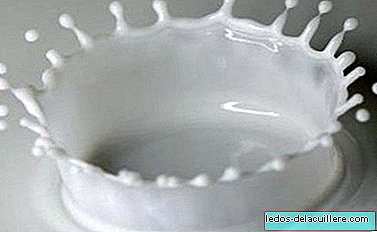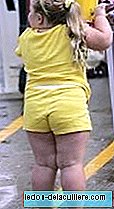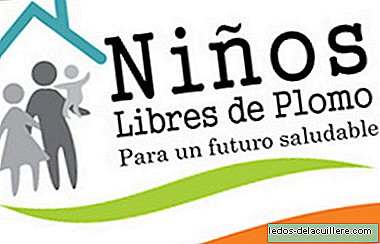
A study recently published in the Pediatric Evidence Magazine, conducted at the University of Keele, in the United Kingdom, has warned about the excessive content of aluminum in some artificial milks, recommending that the necessary changes be made to reduce and control it and that, in addition, the possible toxic effect that it may have be investigated.
They took samples of 15 products, both based on cow's milk and soybeans, both liquids and powders, both those of premature infants, infants up to six months and six months and older. The conclusion of the measurements is that they exceeded normal concentrations in breast milk, having between 10 times more quantity and up to 40 times more.
They add that children are considered to be vulnerable to early exposure to aluminum, and this implies that there is an urgent need to reduce the aluminum content of these preparations to the minimum possible.
The possible effect of excess aluminum in artificial milk It has not been studied in depth, but the fact that, in parenteral feeding, it has been related to problems of neurological and bone maturation, means that, in the absence of more complete data and ensuring the safety of infant feeding, The authors consider that it is advisable to work to control the amount of alumnium of artificial milk, carry out studies on its possible toxicity and implement measures to increase breastfeeding rates.












